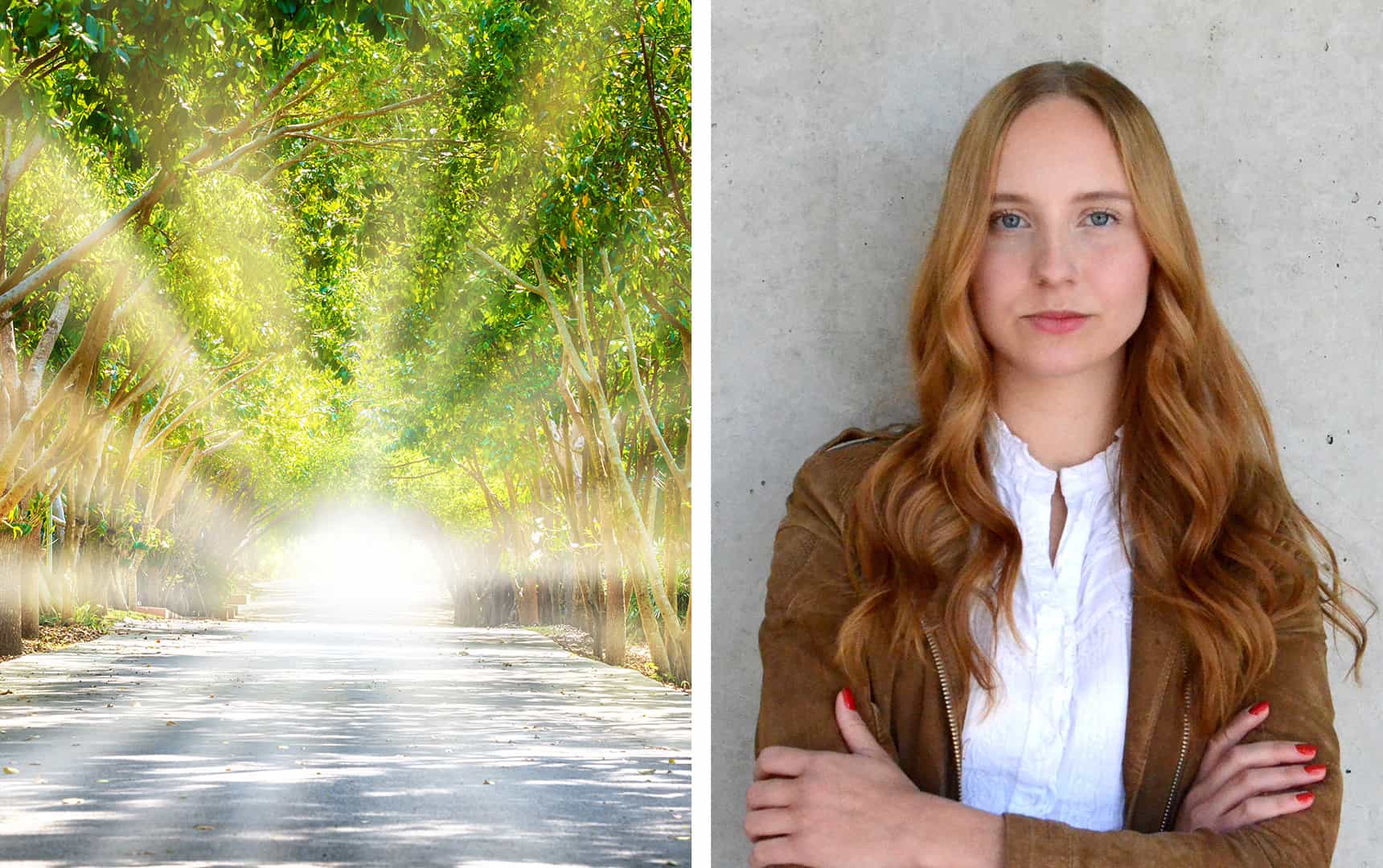
🌱To cultivate utopias is to take existential responsibility
Since the pandemic made its debut at the beginning of the year, several have painted the picture of 2020 as a dystopia. But in this gloomy description, there is every reason to start formulating our utopias. The only question is whether we dare, writes Victoria Bäck.
Share this story!
The author Rutger Bregman assesses contemporary trends in society in his book "Utopia for realists", which was published in 2016. With his eyes fixed on the western world, Bregman portrayed a present-day that could be compared to a utopia, with an abundance of food and drink, free love and good health. Yet, this time in history seems both pale and meaningless, and existence all but stagnated.
As if we have reached a plateau within our paradigm, where development has come to a standstill.
Bregman explained that we simply lack the utopias that drive the evolution of civilization forward. One utopia, that he formulates himself, is where we have open borders, a 15-hour working week and basic income. But utopias are not just about politics concerning the big picture. Bregman also motivates the reader to ask the questions, how do I want to live my life? Which utopia can I visualize?
But how many utopias have we cultivated since 2016? When the Youth Barometer presented its annual report, it was found that young people are getting increasingly gloomy about the future due to the precarious labor market. In addition, the pandemic, with the restrictions that followed along with mass unemployment, has led many to describe everyday life as a dystopian existence.
At the same time, there is reason to believe that not everyone has been struck equally hard by the crisis. On the contrary.
When many have had to change their everyday lives according to restrictions, they have been forced to take a step into the future. Digitization has replaced the physical space and prepaved for education or jobs, regardless of where they live. In addition, the home office has unlocked new possibilities and transformed the ideas and notions about everyday life. Now you can work from your holiday cottage, cultivate new interests, take care of your home and spend more time in nature. In what could be perceived as a time of restriction and bondage, a new kind of freedom has emerged – a freedom to create a new lifestyle.
But with increased freedom to shape our lives, we must also dare to imagine how we want to live. Without formulating a utopia, a desirable vision of the future, freedom can instead be perceived as swindeling. Then it may not be difficult to understand how we can be perceived as having everything we need, but at the same time being reluctant to embrace it all.
Utopias have been forged before, and have also been realized. Karl Marx saw an ideal society, where the role of humans was characterized by versatility. Where one could hunt in the morning, fish in the afternoon and care for cattle in the evening, without being either a hunter, fisherman or farmer. Instead of seeing humans as predetermined beings, they could live a life that is both exploratory and multifaceted.
In 1949, the economist Friedrich Hayek wrote in his essay "The Intellectuals and Socialism" that it is this particular ability of socialists' - to visualize utopias - that the liberal mind should embrace. And Hayek was right. In recent decades, capitalism in the liberal West has made us both healthier and richer. In addition, we have also become more free to shape our own lives, just as Marx described.
Despite his sympathies with the Left, Bergman gives thanks to capitalism for paving the way for all the wealth, but he also claims that capitalism alone cannot uphold it. I do not interpret it as capitalism being outdated, but as the notion that each and everyone has to take responsibility for how future development takes shape.
Utopias can be forged within the big picture, as well as the smaller. And for sure, more people will be faced with Bregman's question of how we really want to live our lives. More time, for leisure and hobbies, and an increased freedom of choice are both prolific conditions for starting to cultivate our utopias.
By becoming a premium supporter, you help in the creation and sharing of fact-based optimistic news all over the world.


